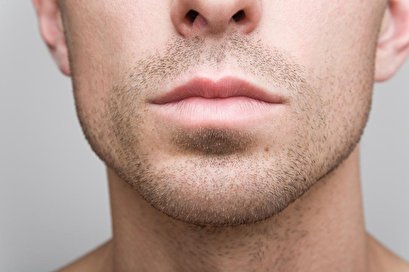TEHRAN, Jul 10 - Researchers say that light therapy is an effective treatment for oral ulcers resulting from radiation therapy for head and neck cancer or stem cell transplants.
 TEHRAN, Young Journalists Club (YJC) -A new light therapy to prevent oral ulcers caused by cancer treatment has received raves from researchers, a new study shows.
TEHRAN, Young Journalists Club (YJC) -A new light therapy to prevent oral ulcers caused by cancer treatment has received raves from researchers, a new study shows.
Updated guidelines now say photobiomodulation therapy, a low-dose light therapy, is effective at preventing oral mucositis during head and neck cancer treatment or stem cell transplants, according to research published Monday in Supportive Care in Cancer.
Radiation therapy after cancer can often cause these painful ulcers which take a long time to heal.
"Many cancer patients can now benefit from this treatment, Praveen Arany, co-corresponding author on the paper and assistant professor of oral biology at the University at Buffalo School and study co-corresponding author and study author, said in a news release.
At its normal high power, light in the form of a laser is often used to remove tissue during cancer surgery. When this light's power is reduced, however, it can soothe pain or inflammation, which speeds up healing.
The new guidelines were recently released by the Multinational Association of Supportive Care in Cancer and International Society of Oral Oncology.
Experts have reported patients who undergo cancer treatment often suffer oral mucositis as a chief side effect. This condition can hamper the healing process and, in extreme cases, cause hospitalization.
"These updated guidelines will provide health care professionals with better tools to deliver care for cancer patients," said Sharon Elad, a researcher at the University of Rochester Medical Center and study author.
"But even with the best evidence-based interventions, we don't yet have an ultimate guideline for mucositis in all clinical settings. We look forward to future research to help shape a more universal implementation of photobiomodulation therapy as well as identify additional effective and validated protocols," Elad said.
Source: upi
 TEHRAN,
TEHRAN,